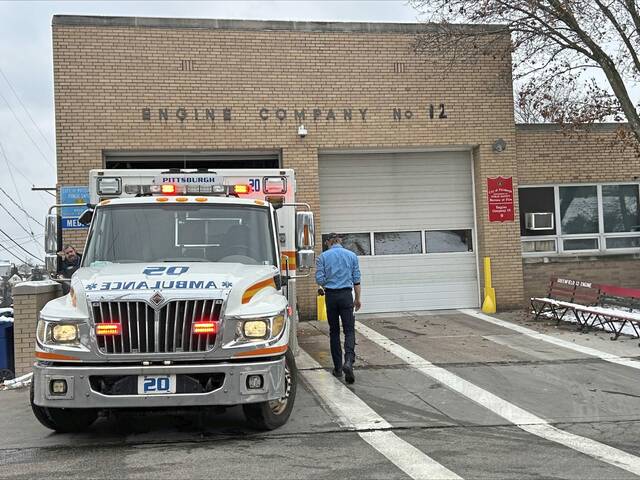The criminal legal system is built on the balance of power between the prosecution and defense.
The sides are meant to be as equal as possible in a process that is far from perfect but is still a formula for prosecution and defense to do their part to arrive at justice.
But how does that happen when one side isn’t equal?
In 49 states, public defenders are funded directly by the state. Pennsylvania is the only one that doesn’t.
Why not? It’s something the state should understand. Act 130 of 1955 establishes the conditions and salary for prosecutors. Full-time district attorneys are to be paid $1,000 less than the salary of a common pleas judge in the corresponding district.
The salaries of those judges are likewise spelled out by state law. From the magisterial district judge who hears your parking ticket case to justices of the Pennsylvania Supreme Court who ruled on election challenges, state lawmakers have detailed precisely who gets how much money.
But on the other side, there are no guarantees, no guidelines, no minimum requirements.
Perhaps this is because people can pay for their own defense attorneys rather than rely on public defenders. But the federal Bureau of Justice Statistics says those people make up a small portion of defendants — 82% of felony defendants in state courts are represented by public defenders.
Having legal representation, even in the form of a public defender, is a constitutionally guaranteed right. That has not moved state legislators to take action. That has left counties to pick up the tab.
That could change with a proposal that was just advanced from the state Senate Judiciary Committee that would reform public defense funding.
It is long overdue — as a justice issue and an economic one.
From a justice perspective, if prosecution and defense on a case are paid by the state, one side shouldn’t be paid more. That’s just fair and logical.
Then there is economy. Perhaps it seems counterproductive to suggest regulating the pay to save money. But as the old adage goes, you get what you pay for. Fair, competitive compensation that isn’t crushed under the burden of too many cases — as many public defense offices are — can reduce mistakes.
That means people who shouldn’t be in jail don’t go to jail. It also could reduce appeals and post-conviction lawsuits.
It is not hard to understand why politicians wouldn’t rally around the proposal. Law and order is an important issue. Savvy politicians are wary of doing things that might make them seem pro-crime.
But that doesn’t absolve them of the responsibility to take unpopular actions that can benefit the accused, the victims, the population at large and the counties’ own employees.








